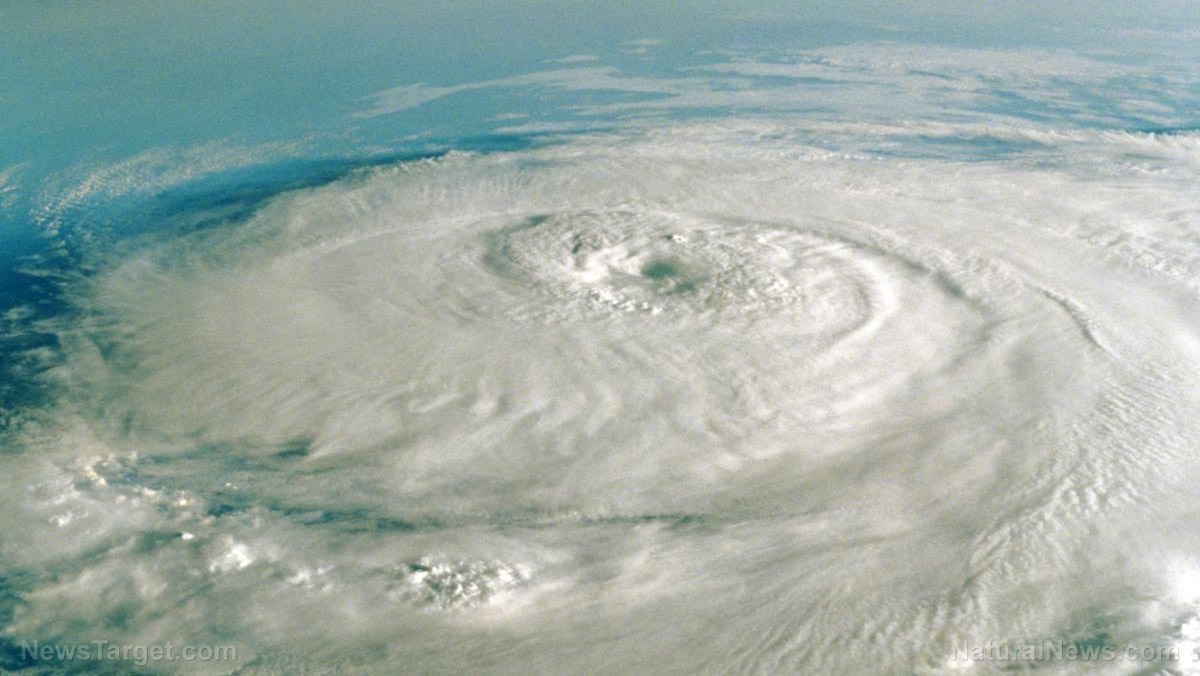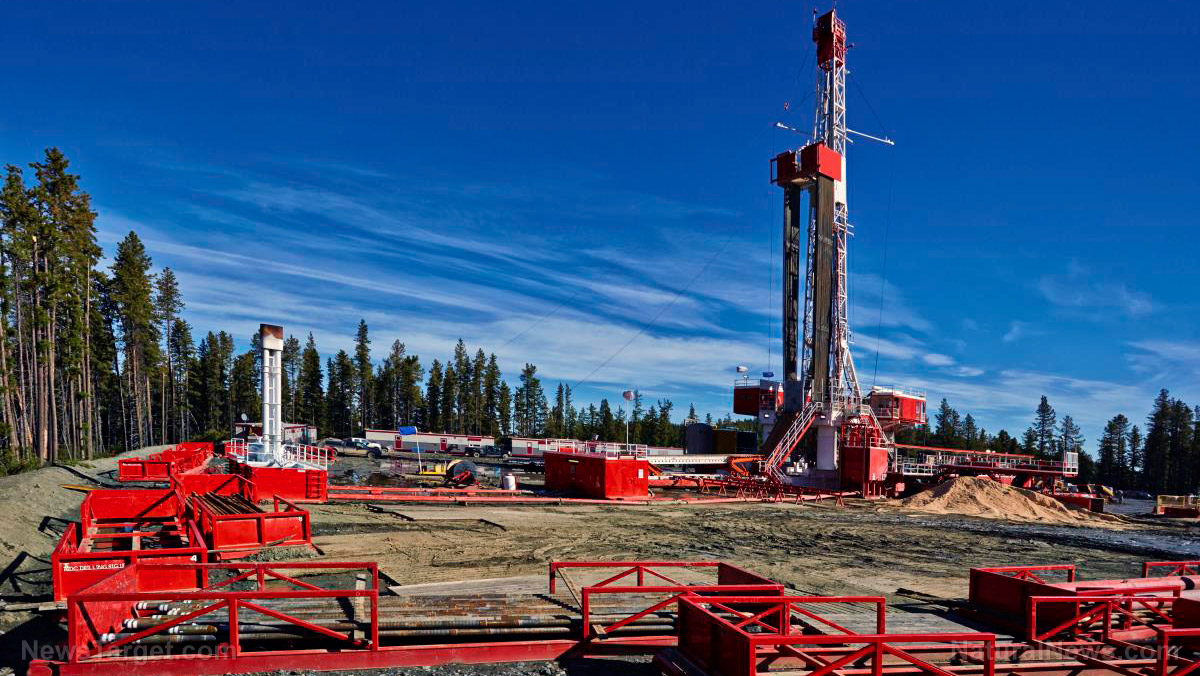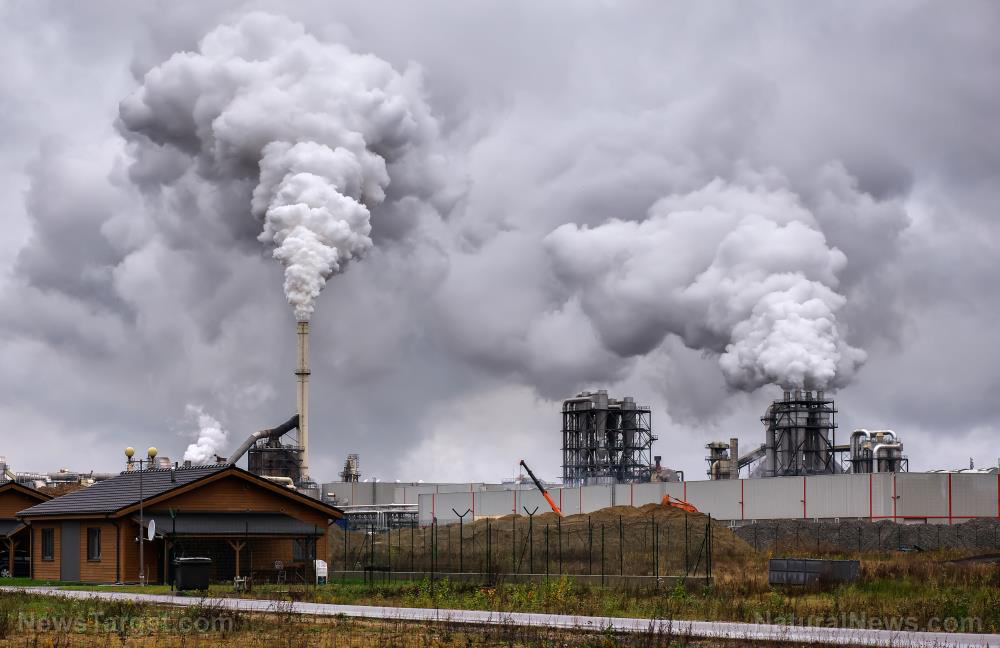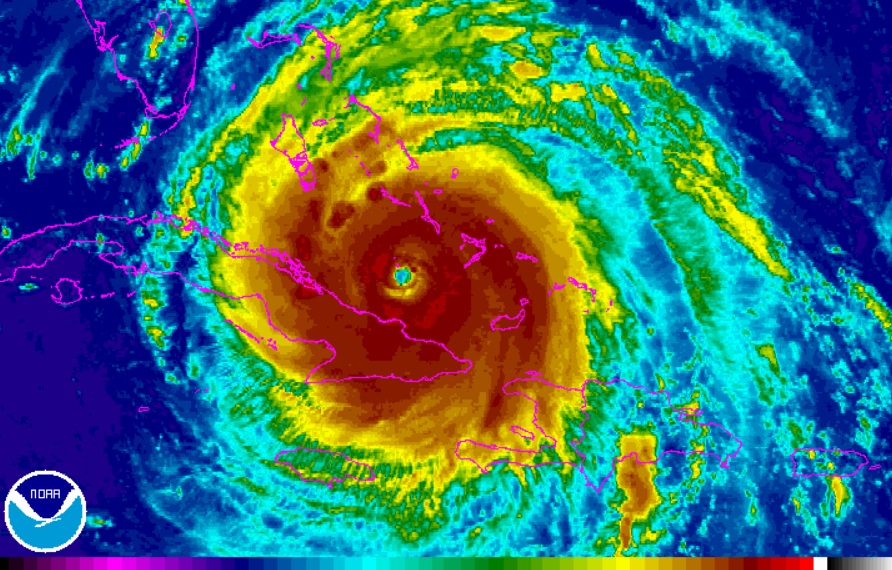Quack climate science: Fraudulent manipulation of temperature data now routine at NASA and the NOAA
12/29/2015 / By Greg White

In their latest scare tactic about the looming dangers of global warming, NASA and the National Oceanic and Atmospheric Administration (NOAA) announced that July 2015 was the hottest month since instrumental records started in 1880. NOAA purports that the record was marked by eight one-hundredths of a degree Celsius over that set in July 1998; and NASA estimates July 2015 beat the warmest month, July 2011, by two one-hundredths of a degree.
What government officials fail to note is that these records are being set by less than the uncertainty in the figures. NOAA claims an uncertainty of 14 one-hundredths of a degree in its temperature average, which is twice the amount they say the record was set by. In addition, NASA claims their data is accurate to an average of one tenth of a degree, which is five times greater than their new record was set by.(1)
In other words, these temperature readings reflect nothing. Neither government agency can claim to know a new record was set. These misrepresentations are unfortunately common at NOAA and NASA. They routinely declare monthly and yearly records set by less than the uncertainties in the figures.
The myth of global temperature
They are also aware that estimating the “global temperature” – a completely meaningless term – to hundredths of a degree is illogical. There is a lack of data for the 70 percent of Earth’s surface, which is entombed by the ocean. There is little data for more localized areas as well, such as the Antarctic. In fact, NASA’s coverage is so few and far between that the space agency has to make the outrageous claim that an area is “covered” if there is a temperature-sensing station within 750 miles of the area.(1)

For instance, there is a great chasm between Ottawa, Canada, and Myrtle Beach, S.C. cities which have very different climates. Nevertheless, NASA claims that only one temperature sensing station is necessary to cover both cities and the area in-between, as reflected in their measurements.(1)
Furthermore, a global temperature is not something that can be quantified in the same way weight and height can. According to Canadian researchers Christopher Essex and Ross McKitrick, temperature is “a number that represents the condition of a physical system. In thermodynamics it is known as an intensive quantity, in contrast to quantities like energy, which have an additive property, which we call extensive in thermodynamics.”(1)
In other words, it doesn’t matter if NASA has enough surface temperature measurements sprinkled throughout the globe and can deduce some sort of global temperature average. The real challenge would lie in trying to figure out how to interpret the data. Some methods of calculating averages can deduce conclusions that suggest the planet is warming, whereas other methods of calculating can deduce conclusions that the planet is cooling.
Nuclear industry parades realities of global warming to weed out coal industry
The real tragedy lies in the fact that future generations will ask why America shut down its coal-fueled generating stations, which were cheap, reliable and an ample source of electricity, in favor of nuclear power, which costs billion of dollars to build and maintain, and can wreak havoc on the environment for decades.(2)
In fact, U.S. nuclear reactors may soon have a longer average lifespan. Whenever American nuclear power plants are built, the Nuclear Regulatory Commission (NRC) grants operating licenses for 40 years. Now, for the first time, the U.S. is set to test whether it’s safe to operate nuclear power plants for 80 years, which is twice as long as originally allowed and slighter longer than the average American lifespan.(2)
Although NASA’s recent batch of statistics will provoke the minds of young, naive and impressionable environmental activists, these figures can be called out for bluff after an in-depth stare.
Sources include:
Submit a correction >>
Tagged Under:
globaltemperaturemyth, NASA, NOAA
This article may contain statements that reflect the opinion of the author





















